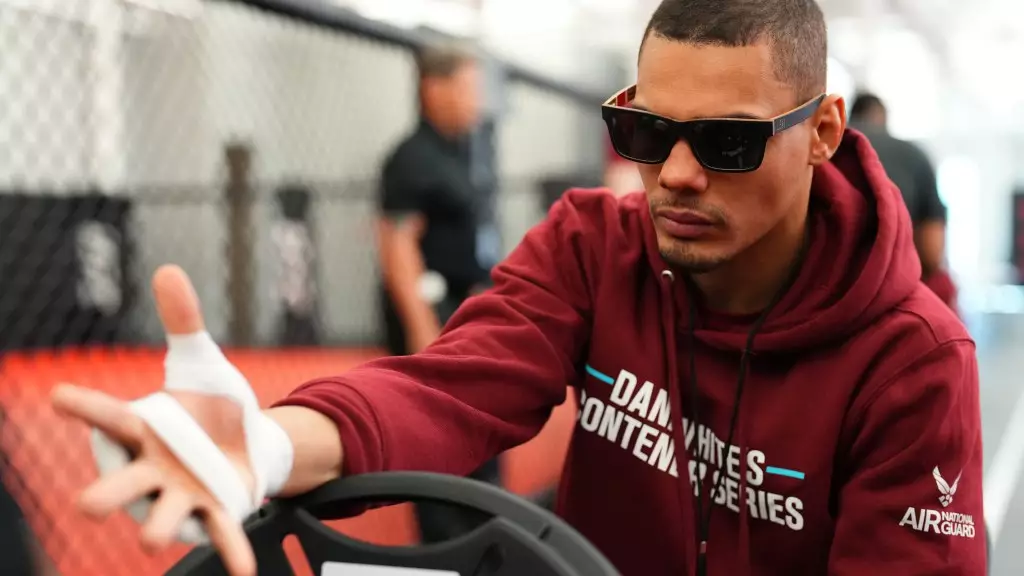In the competitive world of Mixed Martial Arts (MMA), athletes are under immense pressure to perform at their best, often leading to ethical dilemmas around sportsmanship and doping. The Nevada Athletic Commission recently made headlines by suspending four fighters connected with Dana White’s Contender Series (DWCS) for disciplinary reasons, highlighting the ongoing battle against performance-enhancing drugs in the sport. This incident serves as a stark reminder of the importance of accountability and the need for regulatory bodies to ensure that athletes compete fairly.
During a monthly meeting, the Nevada Athletic Commission opted to extend temporary suspensions for three fighters who tested positive for banned substances and adjudicated another case. The reasons behind these suspensions vary, but each reflects poorly on the fighters involved and raises questions about their choices. Notably, three of the fighters involved suffered defeats in their respective bouts, suggesting that their drug use may not only have ethical ramifications but also did not yield the competitive advantage they sought.
For instance, a fighter known for his match against Torrez Finney on October 1, 2024, has faced scrutiny after testing positive for Drostanalone following a TKO loss in the first round. Meanwhile, another athlete withdrew from a scheduled fight just minutes before he was set to enter the octagon, later testing positive for Clomiphene—a substance often used to manipulate hormonal levels. This level of inconsistency—going from a scheduled fight to withdrawal—paints a troubling picture of mental and physical preparation in high-stakes environments.
The involvement of GW1516 in another fighter’s failed drug test further complicates the narrative. This substance, known for its use in endurance enhancement, has been a point of contention among performance athletes as its side effects and long-term implications are still being explored. This particular fighter also faced defeat in a submission match against Kevin Christian, which ostensibly raises doubts about whether the substance made any measurable difference in performance.
One significant case involves Michael Imperato, who received a nine-month suspension with concrete penalties attached, including a monetary fine and mandatory additional drug testing after testing positive for Stanozolol. This situation exemplifies the decisive measures the commission is willing to implement to uphold standards and deter future violations.
The Nevada Athletic Commission’s next meeting on December 17 will likely provide more updates on disciplinary actions and further address the broader implications of doping in MMA. As fighters, promoters, and fans alike grapple with the fallout from these cases, the urgency for a fair and transparent fight culture becomes increasingly apparent. The integrity of sport depends not only on rigorous competition but also on the ethical commitment of its athletes.
The recent suspensions underscore the critical need for better education on the ramifications of substance abuse in sports, as well as more comprehensive support for fighters navigating the high pressures of performance. The conversation surrounding these incidents will undoubtedly shape the future of competitive MMA, drawing attention to the complexities of enforcing fair play.

